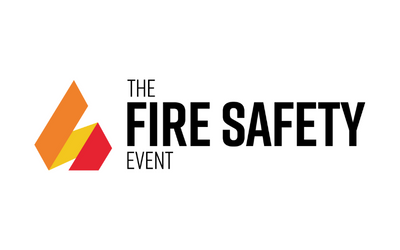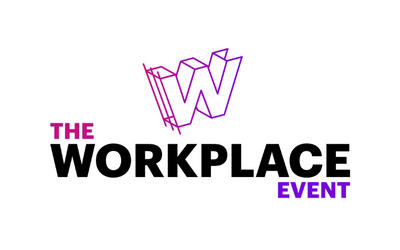The Importance of Open Communication and Making Accommodations in the Workplace
)
I don’t know that I’ll ever be able to convey the feeling of pride I felt when I became a member of the full-time workforce this year; it was an achievement loaded with the relief and reassurance that I am capable of contributing to something bigger than just myself and there is value in my work. The reason for this overwhelming pride is simple: mental health. I have known about my generalised anxiety disorder since I was about 5, the age I became aware of emotions and began to experience things like worry and panic on a daily basis. This progressed over the years and when I was 11 – after starting at a new school and going through all the other delightful changes that happen at that age – I developed depression and OCD. Although these conditions are being managed and I learn how to deal with them more effectively with each year that passes, they are still part of me, and their impacts are felt every day in different ways. I can experience bouts of being utterly zombified after a week of sleepless nights; days when all I want to do is walk and walk to try and calm down; difficult conversations with people close to me explaining that I won’t be able to speak to them for a while because I just can’t face coming out of my pit to socialise; mornings and evenings spent crying and hyperventilating in a panic.
I must emphasise that these events do not occur frequently. My daily life is (thankfully) much less eventful and my symptoms usually show themselves in much more minor ways like counting, playing with my hair or doing that jiggle-jiggle thing with my legs. However, despite my “bad days” being less prevalent, they can still happen and for the past few years I haven’t been able to shake one particular question: how on earth will I ever be able to carry out full-time employment when there are weeks when I couldn’t feel more useless? I had grown up watching ‘The Apprentice’ and hearing things like “time is money” and “if you can’t handle the heat, get out the kitchen”, and all those other trite phrases people say when they want to feel like Robert DeNiro. I was convinced a company that would make accommodations for me and listen to me didn’t exist, or, at the very least, would never employ me.
That was until I applied for a job at Zitko. I scanned their website and noted how impressive their values and reviews were, and immediately felt like I could fit in. When I recorded my Odro interview, I took a risk and mentioned my mental health situation and was shocked when I was asked to do a real interview. I was astounded by how friendly, open and genuinely interested in my situation the staff at Zitko were. They discussed their policies regarding mental health and were forthright in asking me where I was in my relationship with my wellbeing, and what accommodations I would need should I join the company. I couldn’t believe an interview as honest and personal as that could happen, and I was still in a state of disbelief when I found out I got the job.
I have now been at Zitko for four months and I feel as respected and cared for as I did during that first interview. My manager checks in with me multiple times a day to ensure I am coping and we have a weekly one-to-one where I can openly and honestly share my worries or concerns and I know she will take me seriously and work with me to find solutions. When I was anxious about an upcoming company event, our HR Manager not only spent 40 minutes on the phone with me to discuss my feelings about it and provide reassurance, but she called me from a cold car park on an October afternoon to ensure our conversation was private and away from the busy office. After I had a particularly difficult day at work and became overwhelmed, Zitko’s MD sent me a personal message expressing his concern and asking if I was OK.
This culture of empathy and support is channeled throughout the whole company so each employee is reassured that should they need help, every effort will be made to go the extra mile and provide that assistance. Whether they are experiencing an ongoing issue or a temporary problem, when a colleague at Zitko is struggling the rest of the team don’t hesitate to pull together and help in any way possible.
There is no doubt that Zitko is unique in the way that kindness and empathy are instilled in its identity, and while I am so proud to work here and contribute to its culture, it is a disheartening reality that so many other companies don’t share its values. Zitko shouldn’t be unique. I shouldn’t have to hear my friends tell me they are counting down the days until they can quit their jobs because they are miserable at work, and I shouldn’t have to tell them that I can’t relate because I am fortunate to work in such an accommodating environment. It shouldn’t be a matter of good fortune; the freedom to ask for help at work should be a basic right.
Zitko’s approach to supporting their staff should be a guide for all other companies trying to navigate this new world. Workers have always had and will always have personal battles to face, and if these are not acknowledged and a dialogue isn’t created, these battles will creep into the workplace and affect performance and morale. So instead of doing everything to avoid awkward conversations, opening up a judgement-free line of communication and starting to make accommodations are key components in maintaining a happy workforce.
Zitko care. Not because they have to, not because “wellbeing” is a buzz word and not because “mental health” works well as a hashtag. There are no ulterior motives when it comes to supporting their staff, Zitko simply just care.







